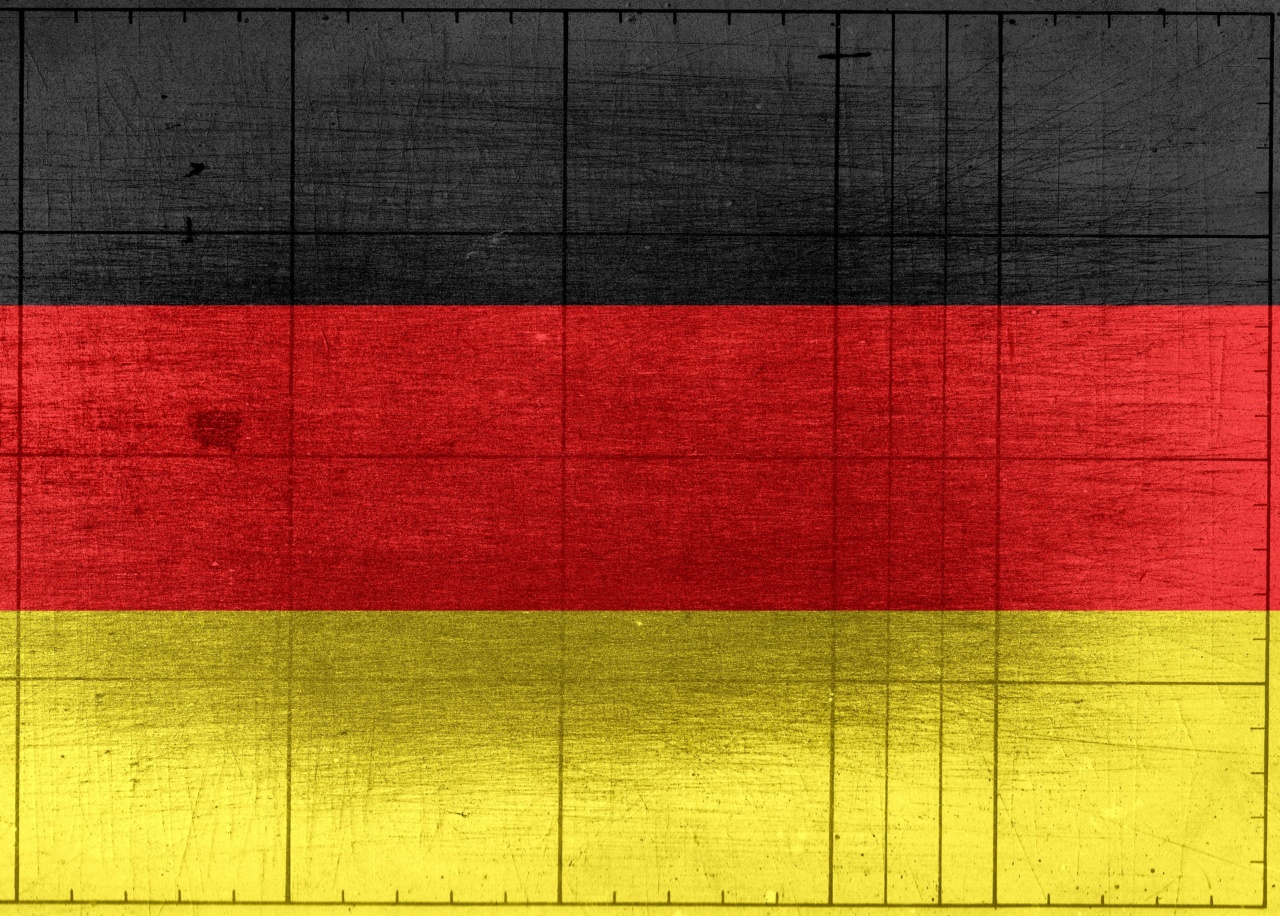Understanding the true age of your heart is vital for maintaining a healthy lifestyle. While you might think you’re leading a balanced life, factors like stress, diet, and exercise can significantly affect your heart health.
Many individuals are surprised to learn that their heart might be older or younger than their actual chronological age. By determining your heart age, you’ll gain a better understanding of your cardiovascular health and be motivated to make positive changes to improve it.
What is Heart Age?
Heart age refers to the age of your heart and blood vessels based on numerous risk factors such as family history, lifestyle choices, and existing health conditions.
It is essentially an estimate of how well your heart is functioning compared to others of the same chronological age. While some individuals may have a heart age that matches their actual age, most people will have a heart age that differs, sometimes by a significant number of years.
What Influences Your Heart Age?
Various factors contribute to the determination of heart age. Some of the most common factors include:.
- Blood Pressure: High blood pressure forces your heart to work harder, increasing its age.
- Smoking: Smoking damages blood vessels and reduces blood flow, aging the heart.
- Cholesterol Levels: High levels of LDL cholesterol can block arteries, leading to an older heart age.
- Physical Activity: Lack of exercise weakens the heart, making it older than it should be.
- Body Mass Index (BMI): Being overweight puts additional strain on your heart, aging it prematurely.
- Diet: Consuming an unhealthy diet high in saturated fats and processed foods increases heart age.
- Diabetes: Uncontrolled diabetes can damage blood vessels and accelerate heart aging.
- Stress: Chronic stress releases hormones that can harm the heart and contribute to an older heart age.
- Family History: Genetic factors can increase the risk of heart disease and impact heart age.
How to Calculate Your Heart Age
To determine your heart age, you can use an online calculator that takes into account various risk factors.
These calculators utilize data like blood pressure, cholesterol levels, smoking history, and lifestyle choices to estimate your heart’s true age.
It’s essential to be honest and provide accurate information to get an accurate heart age calculation.
Remember, this test aims to give you an idea of your heart’s health, so it’s crucial to consult a healthcare professional for a comprehensive evaluation.
Interpreting the Results
Once you’ve calculated your heart age, you may be curious about what the results mean. Below are some possible outcomes:.
1. Your Heart Age Matches Your Chronological Age
If your heart age matches your actual age, congratulations! It indicates that your cardiovascular health is in line with your age.
However, it’s still crucial to maintain healthy lifestyle choices to ensure your heart remains in optimal condition as you age.
2. Your Heart Age is Younger Than Your Chronological Age
Discovering that your heart age is younger than your actual age is excellent news. It indicates that you’re doing an exceptional job of maintaining a healthy lifestyle and minimizing risk factors.
Keep up the good work to continue supporting your heart’s well-being.
3. Your Heart Age is Older Than Your Chronological Age
If your heart age is older than your actual age, it’s a signal that you need to make some changes to improve your cardiovascular health. This result means you have an increased risk of heart disease and other related issues.
Consult a healthcare professional to develop a strategy for improving your heart’s condition.
How to Improve Your Heart Age
If you discover that your heart age is older than your chronological age, don’t worry. There are several steps you can take to improve your heart health:.
1. Exercise Regularly
Engaging in physical activity regularly can help strengthen your heart and reduce its age. Aim for at least 150 minutes of moderate-intensity exercise, such as brisk walking or swimming, each week.
2. Quit Smoking
Smoking is detrimental to heart health, regardless of your heart age. By quitting smoking, you can significantly reduce your risk of heart disease and improve your heart’s overall condition.
3. Eat a Heart-Healthy Diet
Choose foods rich in nutrients, such as fruits, vegetables, whole grains, and lean proteins. Minimize your intake of saturated fats, trans fats, and processed foods, as they contribute to heart disease.
4. Maintain a Healthy Weight
If you’re overweight or obese, losing weight can help reduce the strain on your heart. Focus on adopting a balanced diet and incorporating regular exercise into your routine to achieve a healthy weight.
5. Manage Stress Levels
Chronic stress can negatively impact heart health. Find healthy ways to manage stress, such as practicing yoga, meditation, or engaging in hobbies you enjoy.
6. Control Blood Pressure and Cholesterol
If you have high blood pressure or cholesterol, work with your healthcare provider to manage these conditions effectively. Medications, lifestyle changes, and dietary adjustments can help maintain optimal levels.
The Importance of Regular Check-Ups
While calculating your heart age provides valuable insight, it’s crucial to remember that it’s not a substitute for professional medical advice.
Regular check-ups with your healthcare provider are essential for monitoring your heart health and detecting any underlying conditions. They will conduct comprehensive assessments, including blood tests, stress tests, and other evaluations to ensure an accurate evaluation of your heart’s condition.
Conclusion
Understanding the real age of your heart is key to maintaining a healthy lifestyle and preventing heart disease. By calculating your heart age, you can identify potential risk factors and take necessary steps to improve your heart health.
Remember that this test is an estimation and should not replace professional medical advice. Consult with your healthcare provider for guidance on maintaining optimal cardiac well-being.




























